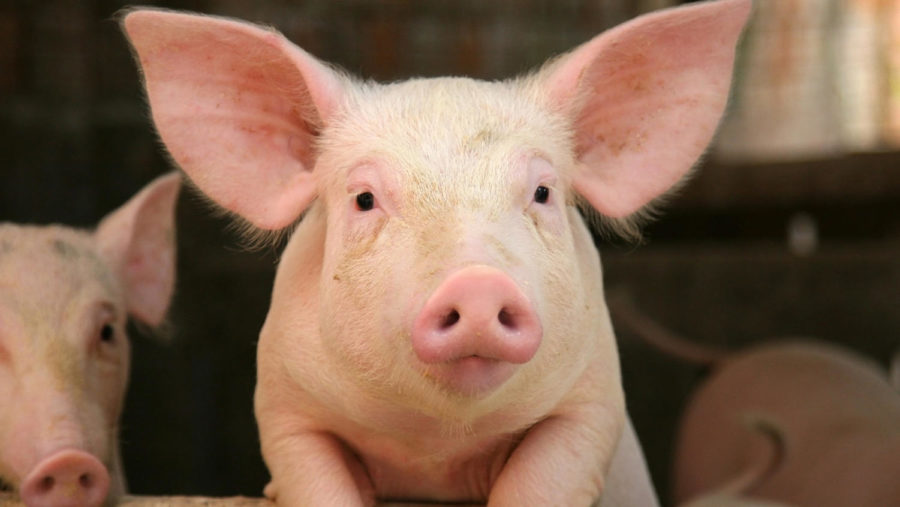Why Muslims Don’t Eat Pork
These are the reasons why Muslims don’t eat pork.
February 1, 2019
Islam is the second largest religion after Christianity, with about 1.8 billion supporters. This makes Islam 23.2% of the world population. Even though there are so many people around the world that follow Islam, some people still don’t understand certain practices. However, this doesn’t mean that questions aren’t appreciated.
One question that is often asked is, “You don’t eat pork?” Nope, we don’t eat pork. This isn’t because we have a deep hatred for pigs, or that we’re picky about what we eat.
Swine (pig) is an animal whose natural diet mainly consists of leaves, roots, fruits, flowers, fish and insects. On the other hand, pigs as livestock usually consume corn and soybean meal with a mixture of vitamins and minerals. However, In addition to these nutritious foods, domesticated pigs also have a history of eating garbage left by humans. This is why pig meat has been deemed “dirty” and “unhealthy” to most Muslims.
Not only is pig meat deemed “dirty” and “unhealthy,” but it can also cause disease if not cooked correctly. One disease caused by undercooked pork is Trichinosis. Trichinosis is a disease caused by the consumption of raw or undercooked pork that is infected with roundworm larvae. What this basically means is that the worms can travel from the meat and affect our bodies. They do this by invading muscle tissue and can also end up affecting your lungs and your brain.
Although it may not seem religious, the reasons behind the ban of pork are for a good cause. If you eat pork and don’t believe in this custom, however, that’s completely fine. Muslims chose this way of living because of their beliefs.
“He has forbidden you only carrion, blood, the flesh of the swine, and that which has been offered to other than Allah.”- The Quran (The Holy Book of Islam)






